Energie: une crise qui vient de loin
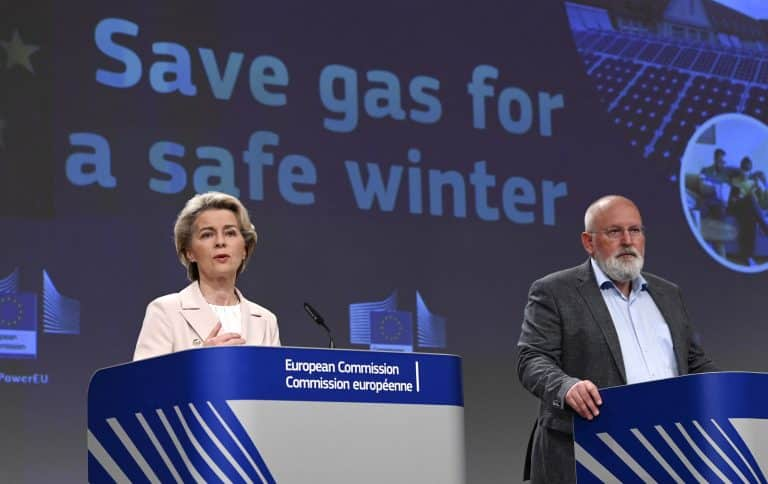
La crise énergétique n’est pas née des sanctions contre la Russie. Elle est la conséquence des délocalisations, de la spéculation sur les matières premières, de la politique européenne de la démographie…

La crise énergétique n’est pas née des sanctions contre la Russie. Elle est la conséquence des délocalisations, de la spéculation sur les matières premières, de la politique européenne de la démographie…
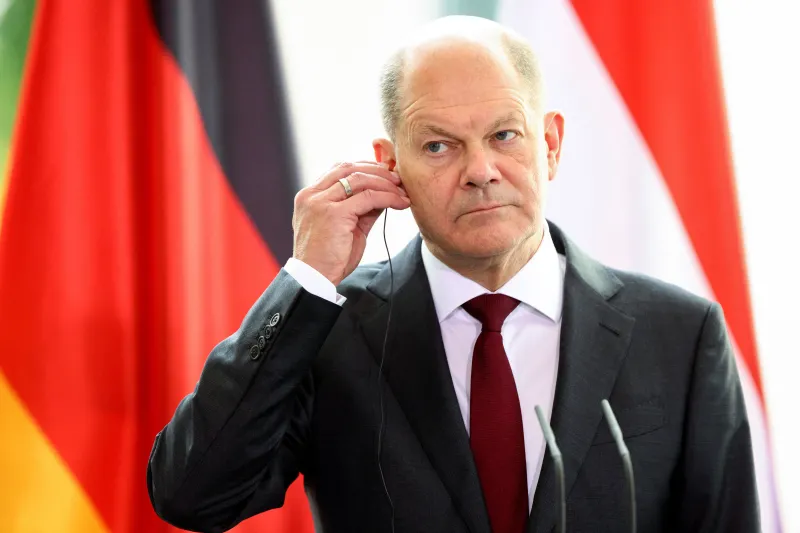
First, Europe Must Realize That He Might Return
Russia’s invasion of Ukraine caught Europe by surprise. Although U.S. intelligence services predicted the Russian offensive almost to the day, few European leaders took heed of their warnings, instead choosing to believe that Russian President Vladimir Putin would use nonmilitary means to destabilize Ukraine. Germany’s new chancellor, Olaf Scholz, was among the European leaders who sleepwalked into the crisis. Like much of German society, his administration was completely unprepared for a major war in Europe. For too long, the German government had clung to old certainties: that close energy ties with Russia fostered stability, that trade promoted political change, and that dialogue with Moscow was valuable in and of itself. The awakening was brutal. Overnight, all these cherished assumptions were shattered.

It is a complete article of faith in intellectual circles that the market is responsible for the rise in inequality that we have seen in the United States and elsewhere over the last half-century. Intellectual types literally cannot even consider the alternative that inequality was the result of government policies, not the natural workings of the market.
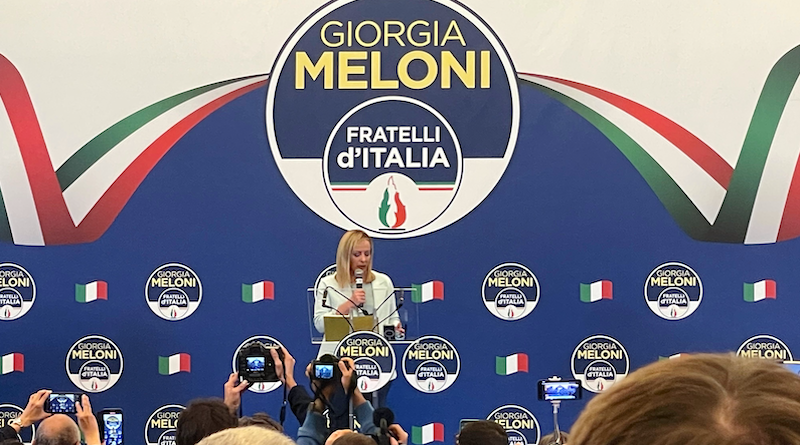
Each time the tsunami of populism engulfing the Western world appears to have been discredited and defeated, a new wave of far-right victories compels liberal pundits to eat their words.
Scarcely a country in the democratic West has remained unscathed, as these radical hooligans scale the walls and seize the seats of national power. Now Sweden and Italy are their latest two scalps.
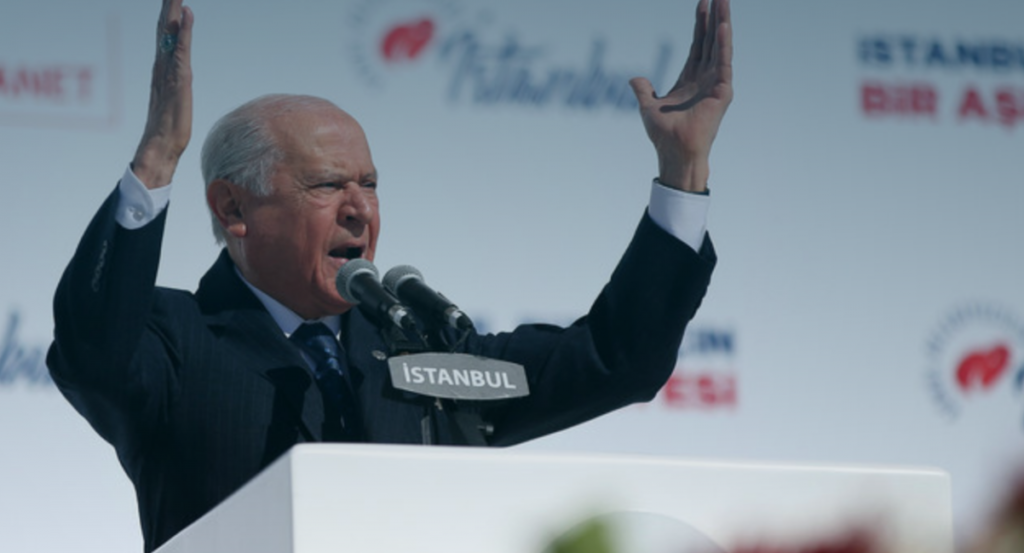
A memorandum of understanding for exploring hydrocarbons at sea signed between the government of Tripoli and Turkey openly questions EU territory causing more headaches in Brussels amid an ongoing war in Ukraine.
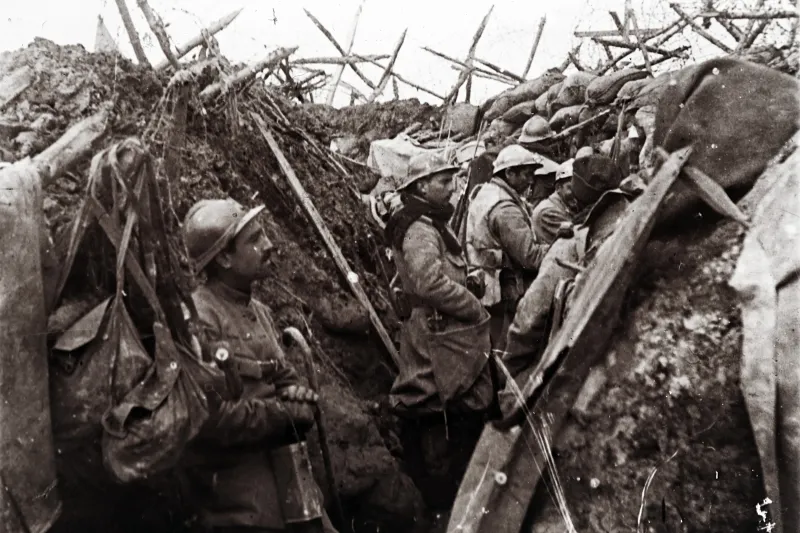
When Empires or Great Powers Fall, Chaos and War Rise
Wars are historical hinges. And misbegotten wars, when serving as culmination points of more general national decline, can be fatal. This is particularly true for empires. The Habsburg empire, which ruled over central Europe for hundreds of years, might have lingered despite decades of decay were it not for its defeat in World War I. The same is true of the Ottoman Empire, which since the mid-nineteenth century was referred to as “the sick man of Europe.” As it happened, the Ottoman Empire, like the Habsburg one, might have struggled on for decades, and even re-formed, were it not for also being on the losing side in World War I.

Many mainstream economists believe that economic stability refers to an absence of excessive fluctuations in the overall economy. An economy with constant output growth and low and stable price inflation is likely to be regarded as stable, while an economy with frequent boom-bust cycles and variable price inflation would be seen as unstable.

Giorgia Meloni, leader of the far-right Brothers of Italy party, is set to make history as Italy’s first female prime minister and as the leader of the most far-right government since the fascist era.
Against the backdrop of a surge in refugees and migrants arriving in Italy by sea, immigration policy has galvanized both the Brothers of Italy party and its electoral base.
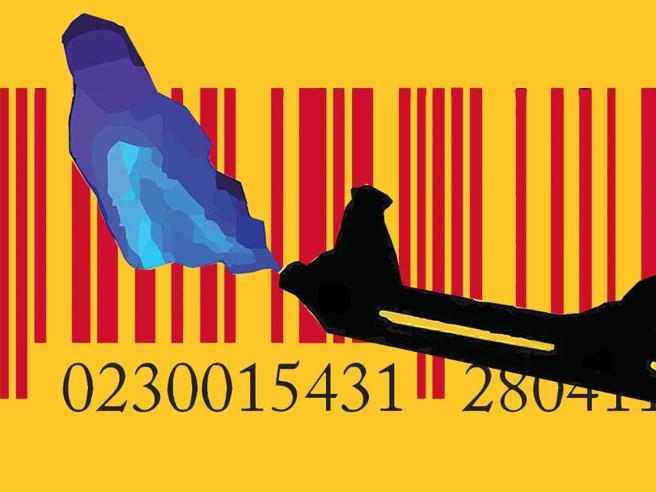
I provvedimenti tampone decisi dal governo di Berlino rischiano di allontanare misure strutturali e più vantaggiose per tutti i Paesi membri come il tetto al prezzo

Spät, hoffentlich nicht zu spät kommt ein beherzter Schritt gegen die rasant steigenden Energiepreise. Es wird Staatskunst brauchen, das Geld zielgenau einzusetzen. Der Leitartikel.
Die bittere Wahrheit ist: Wir stehen erst am Beginn eines heftigen Krisenwinters, der vor allem von Energieknappheit und steigenden Preisen gekennzeichnet sein wird. Darüber wölbt sich eine nicht überschaubare Sicherheitskrise für Europa, von der die Sabotage an den Gaspipelines nur der Auftakt gewesen sein könnte.